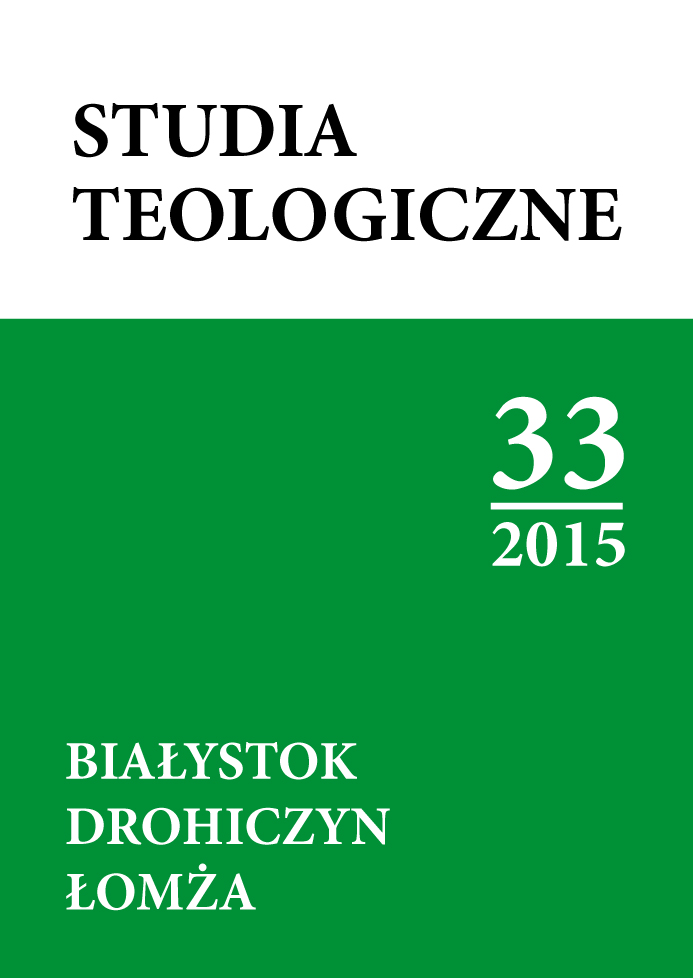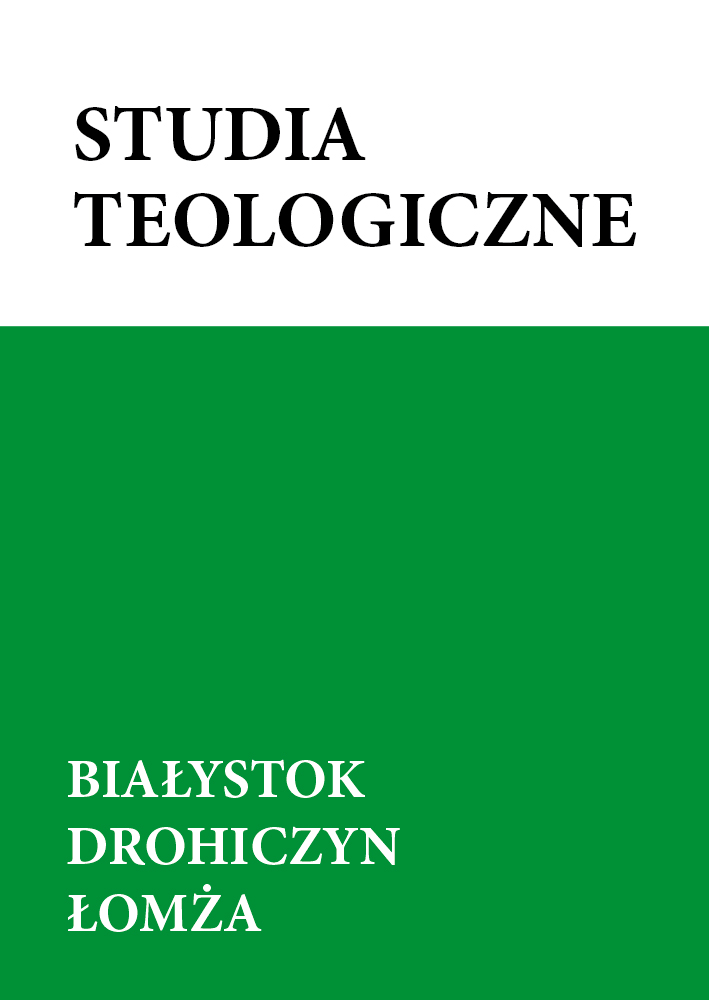Author(s): Ks. Marino Ninčević / Language(s): Croatian
Issue: 1/2016
The author shows that lower seminaries even today are suited for the education of adolescents and points out that if this education with regard to the possible religious vocation of adolescents is to be effective, educators must first help adolescents in the construction of their identity in the identification process, the socialization with a group of peers, that is, in construction of peer friendships and in designing of the entire life plan. The next education step would be detecting and accepting the spiritual call. Educators at the seminary have to take care all positive and negative characteristics of adolescence. Positive are: broad-mindedness, spontaneity, enthusiastic willingness, directness, desire for fairness, truthfulness, ability for a creative approach to the surrounding reality, the ability of self-affirmation (as a function of growth and maturation), the ability of abstract thinking, the ability to answer the developmental assignments. Negative are: low stress capacity, lack of serious continuous efforts, instability, susceptibility to influence and considerable dependence on the conditions of the outside world, the tendency to self-centeredness. Instructions of the Magisterium of the Church since the II Vatican Council up to today, provide clear guidelines for the education of adolescents inLower seminaries. Today, it is possible to educate in accordance with these instructions, taking into account the new social opportunities, as well as a new knowledge of those disciplines that deal with adolescence. The author shows that the guidelines of Church’s teaching on education are not inconsistent with the education demands arising from today’s adolescent situation and the present knowledge of educational sciences.
More...


